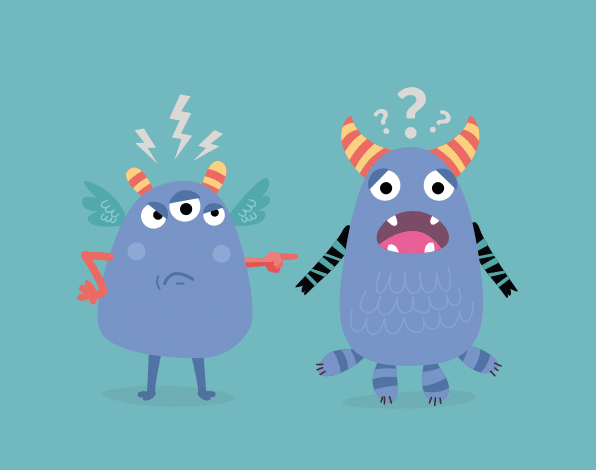5 Things to Look for in a Couples Therapist
The majority of us fall into love with nothing more than the instincts of a newborn infant: I need you! Love me this way! And then we pledge to love and honor each other unconditionally until one of us dies.
What could possibly go wrong?
I feel your pain, my friend. It turns out you are human just like the rest of us, and the good news is you’ve figured out you could use some help. That may not feel like something to celebrate at this particular moment, but believe me, it is a very good thing.
Sure, as a couples counselor and relationship coach, I’m biased, but the right therapist can not only help the two of you fix your relationship and repair existing wounds but also give you both the tools to tackle future relationship problems together.
I truly believe that no therapy is better than bad therapy, so here’s a list of five things to look for when choosing a couples therapist.
1. The therapist specializes in helping couples.
First, you want a therapist with specialized training working with couples, and you want this focus to be the bulk of their work. The skills and process needed to work effectively with couples are not the same as those needed to be effective in working with individual clients.
2. You can get on board with their methods.
I am a Certified Emotionally Focused Couples Therapist (EFT), so I have a bias. I love EFT! And I also have training in and respect Imago Couples Counseling, the Gottman Method, Hakomi for Couples, Psychobiological Approach and Collaborative Couples Therapy.
It’s okay to be skeptical of new things at first, but at some point you’ll need to get out of your own way, surrender to the process, and give the method a chance to work.
3. You and your partner both like the therapist.
The quality of your relationship with your therapist is important. No matter how highly your therapist is rated, if you don’t like them or don’t feel safe with them, the process just won’t work. Again, it is ok to be skeptical at first, but eventually you’ll have to feel that you and your partner are in alliance with your therapist and their methodology to get value out of the experience.
4. They don’t take sides, shame or blame. If they do, they are willing to repair the hurt with you.
You should NEVER be blamed, criticized or shamed by a therapist. If a therapist takes sides, call them out on it. Let them know how you feel. If they don’t repair with you, cut your losses.
5. The therapist works from a place of empathy.
You will need to consider something new and be willing to see your problems through a broader perspective. You can’t use the same thinking that got you into trouble to also get you out of it. That’s the beauty of a good couples therapist! They can reflect you, your partner, and your relationship system back to you in a whole new way.
Embrace this gift even when it is uncomfortable. Just remember that when your therapist holds a mirror up to see yourself or the negative pattern you and your partner get in, make sure they are reflecting from a place of relentless love and compassion.
If you are being held with anything other than 100% acceptance and empathy, first try and discuss how you feel with the therapist, and if they won’t repair the hurt with you, this is not the therapist for you. Get out immediately.
It’s hard enough navigating our own choppy emotional waters, but once you throw in your partner’s mood-driven storms, you have to wonder how in the hell ANYONE survives this thing? I recommend starting with a map, like the FREE quiz and Self-Discovery Report at empathi.com. With your map in hand, everything can become a lot more clear.
Recognizing that you could use some help is the best first step, and you already took it! Now you are one big step closer to the relationship you and your partner deserve.



